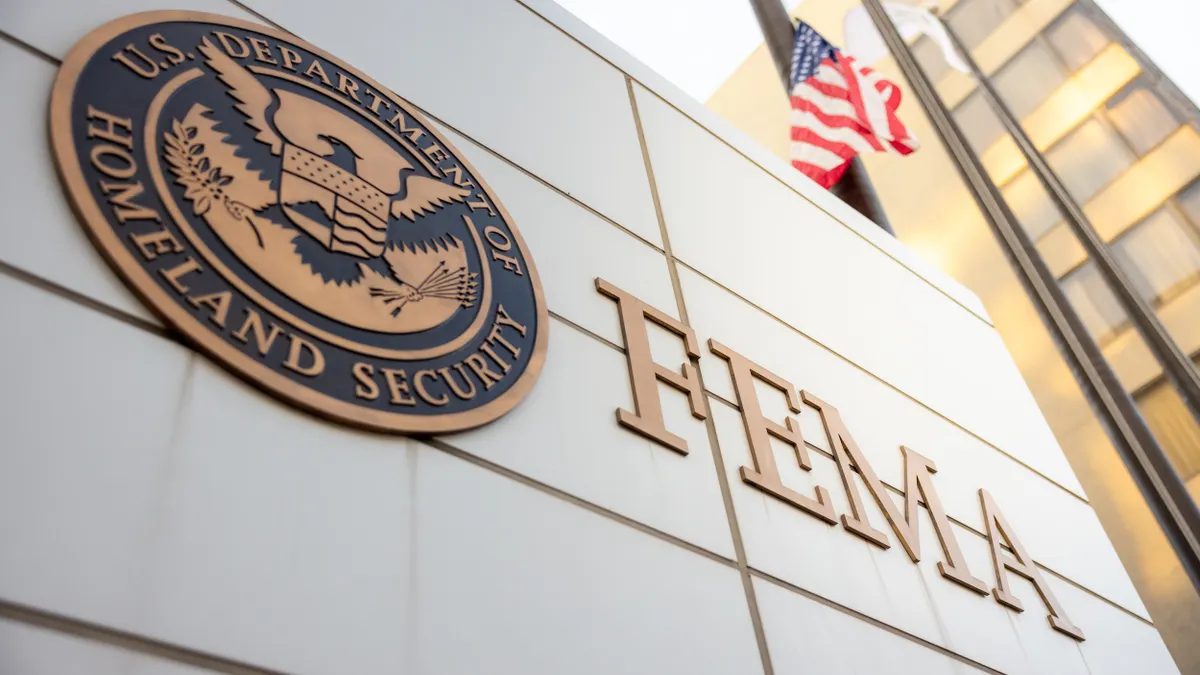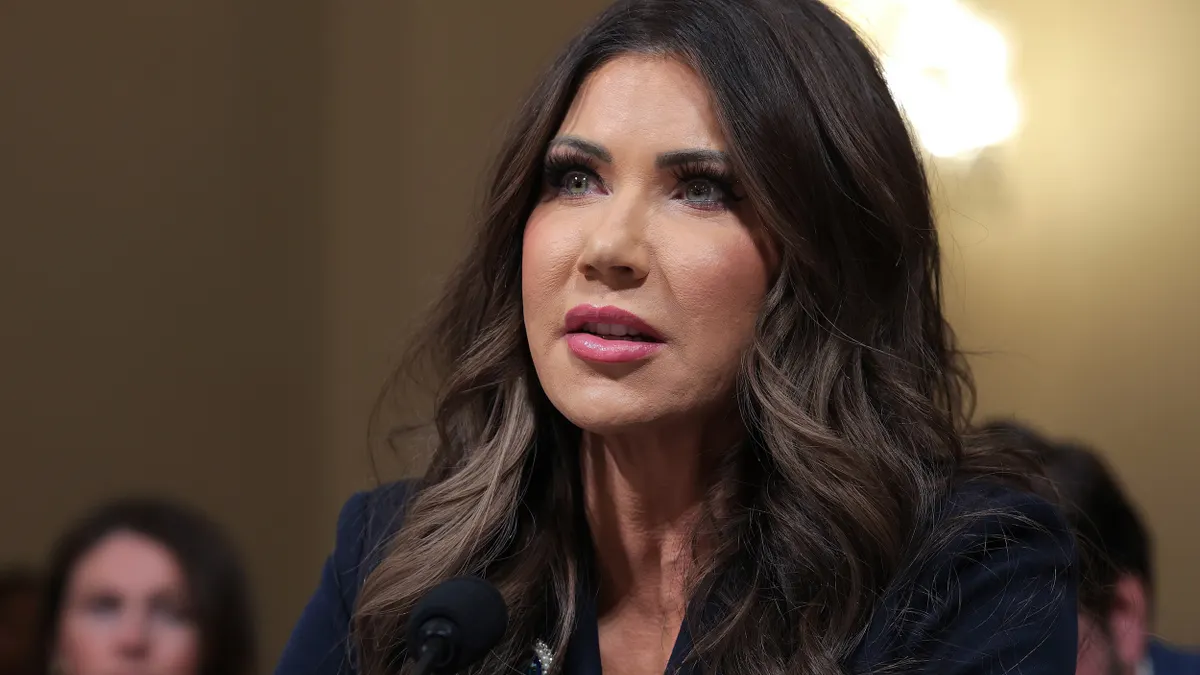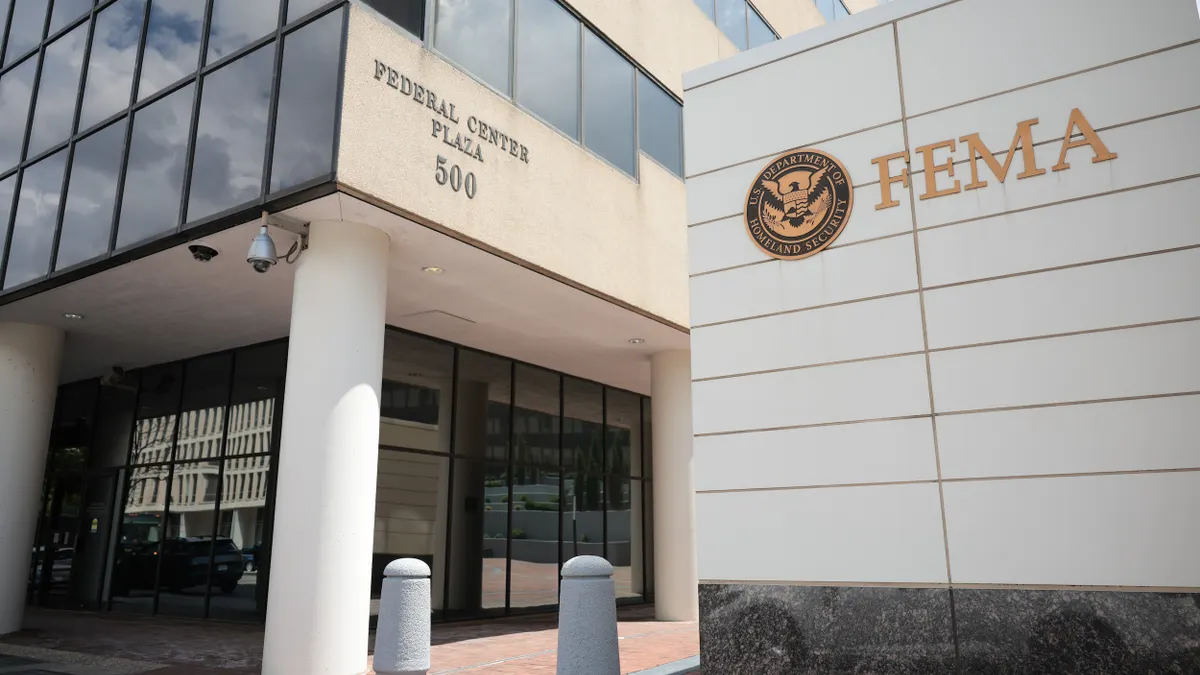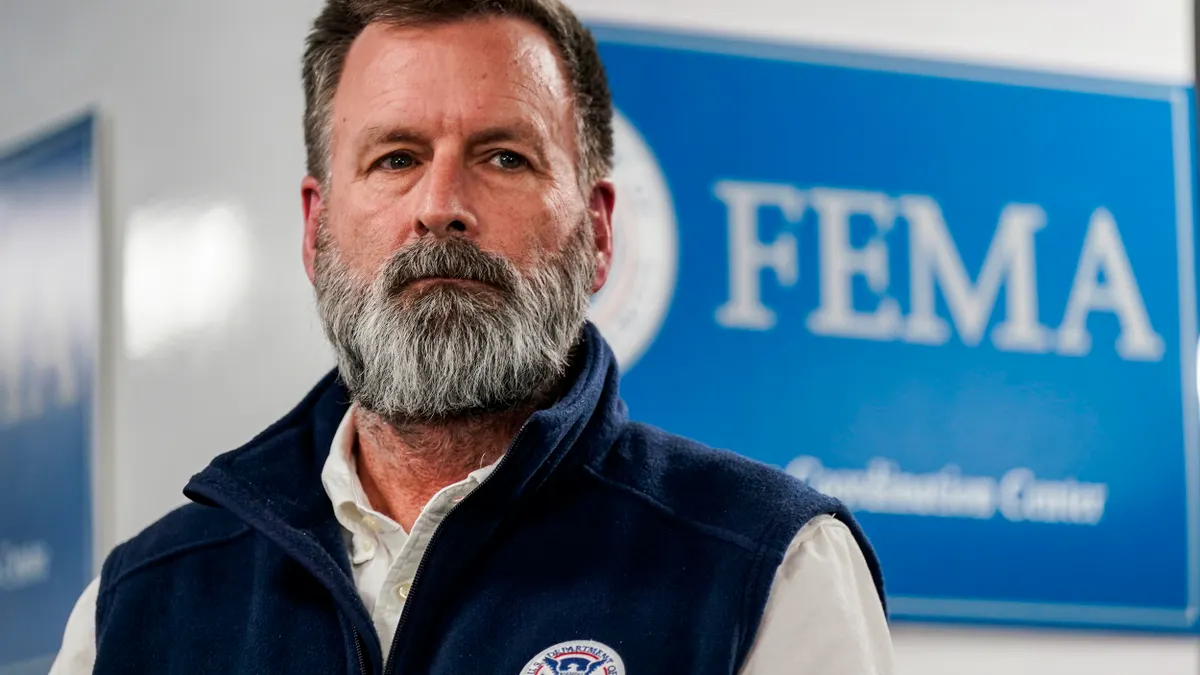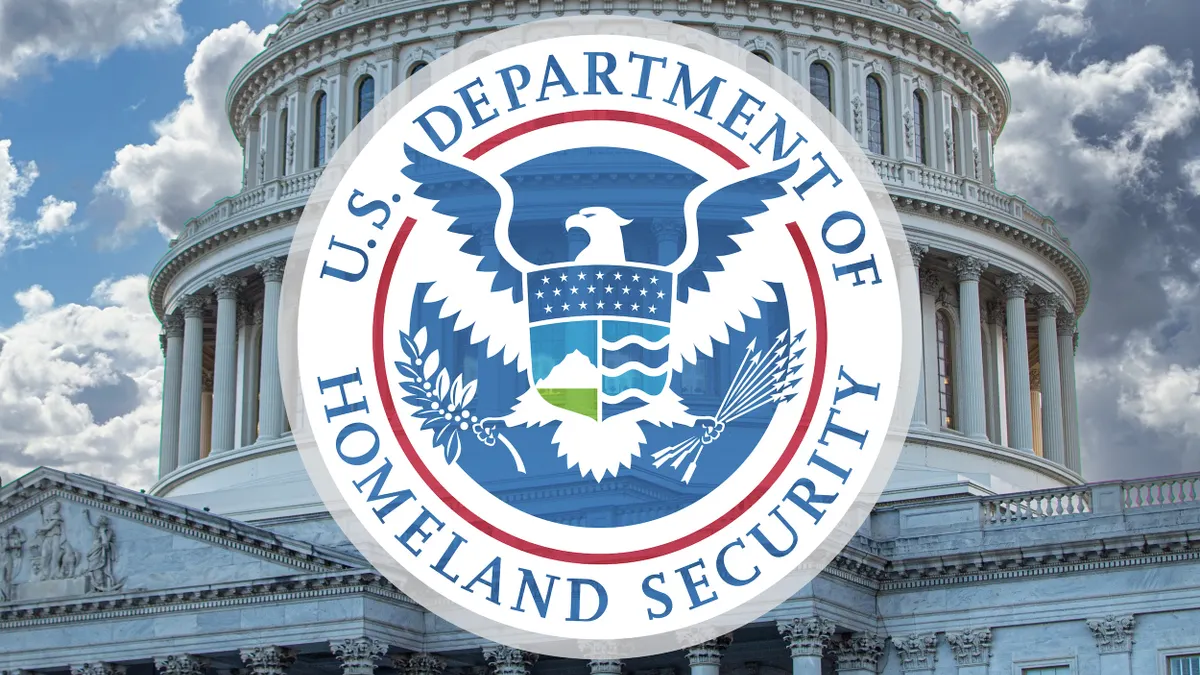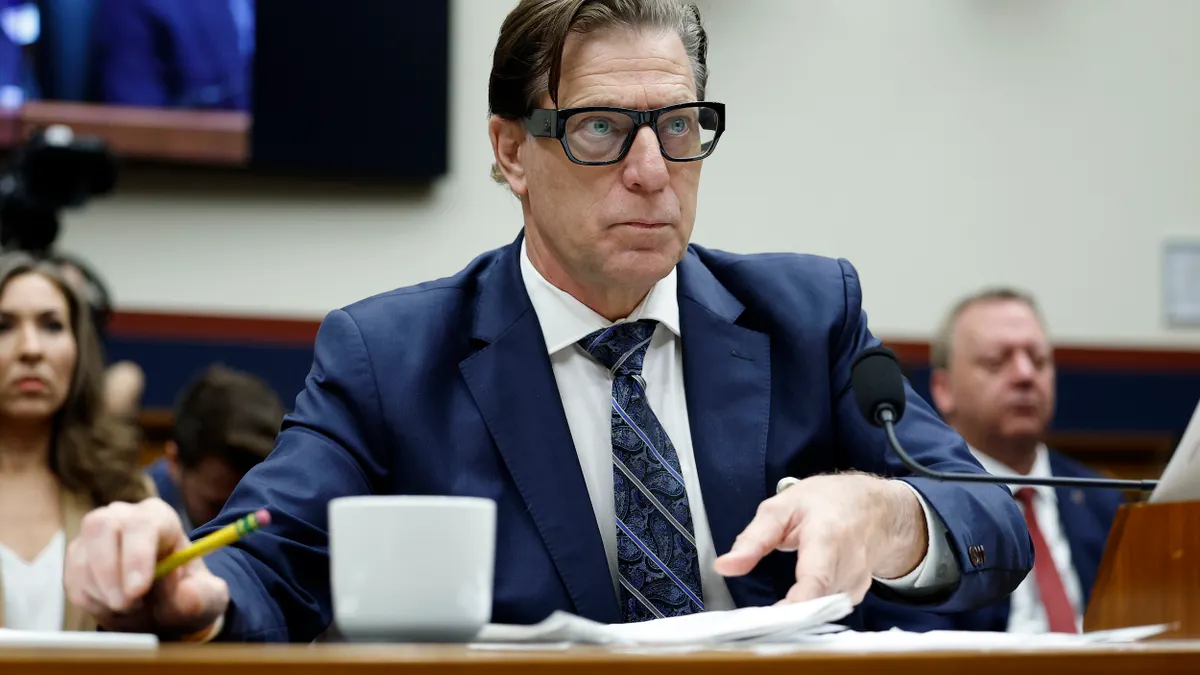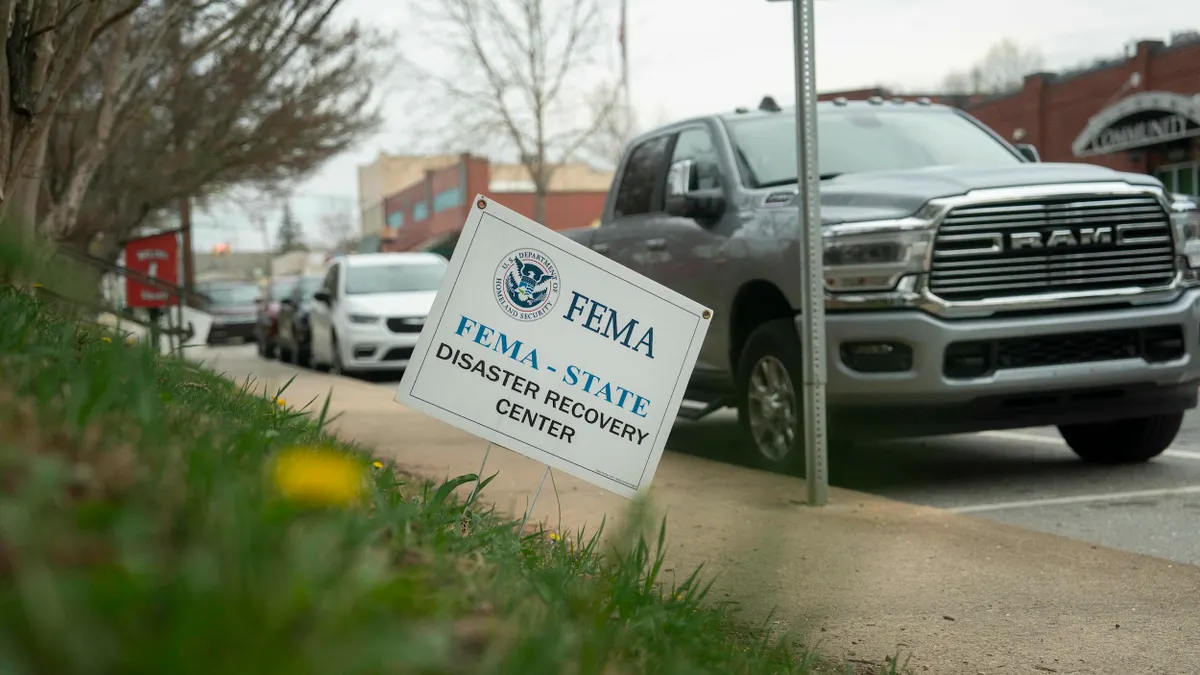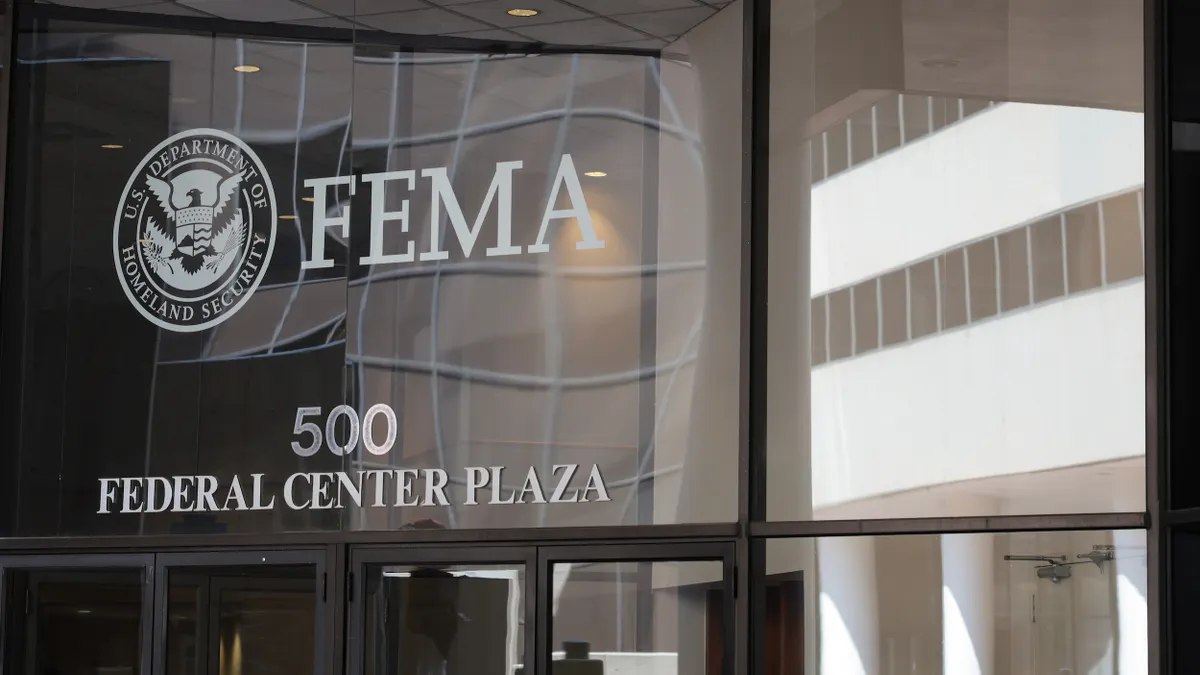Dive Brief:
- A coalition of 12 states sued the Department of Homeland Security and the Federal Emergency Management Agency over recent changes to the Emergency Management Performance Grant and the Homeland Security Grant Program.
- The lawsuit, filed Tuesday in U.S. District Court in Oregon, claims FEMA unlawfully froze EMPG funds until states verify population counts excluding people removed under federal immigration law and that reducing the grant reimbursement window from three years to one makes the grants largely unusable. The coalition is asking for the rule changes to be vacated, funds freed up and a monitor appointed to ensure the administration follows through.
- States pass a portion of these funds to localities and tribal governments for counterterrorism and emergency preparedness efforts, including hiring emergency managers, purchasing equipment, conducting risk assessment and training first responders.
Dive Insight:
On Oct. 1, FEMA issued amended EMPG award notices placing the funding on hold until states certify their population, excluding any immigrants the federal government has removed, as of Sept. 30. “Defendants provided no reasoned explanation (or, indeed, any explanation) for why they added this hold, no legal basis for adding the hold, and no guidance for States to use in attempting to comply,” the lawsuit states.
Plaintiff states have no way of determining their populations as of Sept. 30 and no means of verifying how many immigrants have been removed, the lawsuit states. DHS is the “most likely source for such data,” it says, but the agency offered an unofficial number of recently deported individuals when Michigan asked for it. The only relevant data is produced by the U.S. Census Bureau, “and the federal government possesses that data.”
Further, the lawsuit says FEMA offered no reason for cutting the funding period from three years to one, from Oct. 1 through Sept. 30, 2026. The states argue that planning, training and procurement for these programs can’t realistically be completed within a single year.
“These changes are neither arbitrary nor capricious,” a DHS spokesperson said in an emailed statement. “They are part of a methodical, reasonable effort to ensure that federal dollars are used effectively and in line with the Administration’s priorities and today’s homeland security threats.”
Michigan Attorney General Dana Nessel, who led the coalition — which also includes Arizona, Colorado, Hawai’i, Maine, Maryland, Nevada, New Mexico, North Carolina, Oregon, Wisconsin and the governor of Kentucky — said in a statement that “Congress created FEMA to ensure the federal government would stand with the people it serves in times of crisis, not abandon them. Only Congress — not the president — has the authority to scale back that mission.”
Since President Donald Trump signed an executive order shifting more responsibility for disaster preparedness to states and local governments, FEMA has cut staff and funding, canceled resilience programs, imposed higher disaster thresholds and attempted to tie funding to immigration enforcement.
On Sept. 30, a U.S. district judge issued a temporary restraining order preventing the Trump administration from reallocating disaster relief funds from 11 states and the District of Columbia after the states alleged their funding was being cut as punishment for not assisting the administration with federal immigration enforcement.



